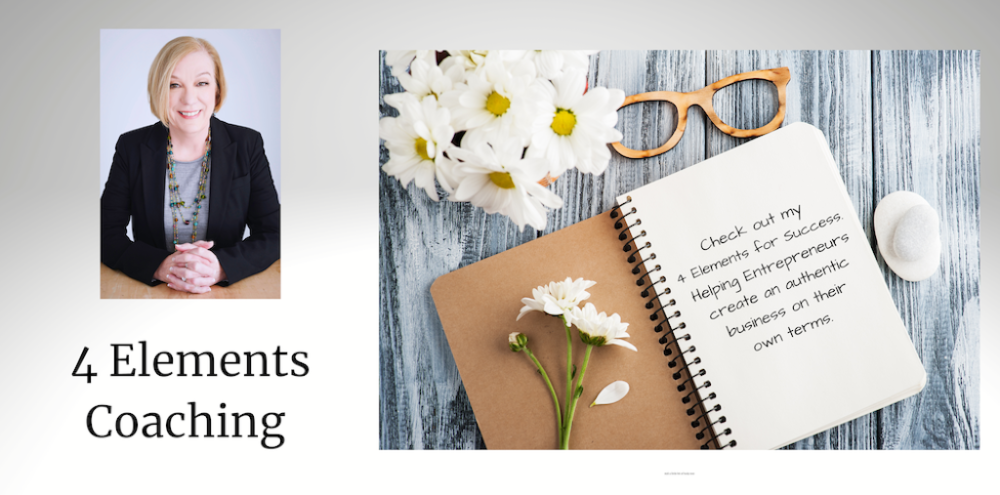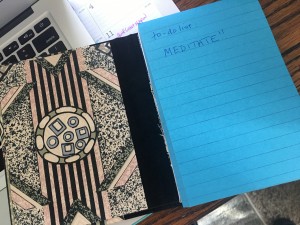Decluttering Your Mind
There is so much research on the benefits of meditation – in fact, there are over 3000 scientific studies that you can access here.
Meditation helps you focus and increases memory, brings you a feeling of calm and reduces blood pressure, enhances self-esteem and self-acceptance, and lessens anxiety.
So if meditation is so helpful, why aren’t all of us doing it every day?
I’m not sure. I struggle with a daily practice as well, especially when I need it the most! I think we just don’t put the things we need to be calm and centered on the same priority list as those things we need to make money, care for others or manage a household. We think it’s less important somehow to make self care a priority. Or maybe we picture a guru sitting on a meditation cushion for hours at a time and that doesn’t feel right for us. But even just five minute or less of daily meditation brings the same benefits as a much longer practice.
I have discovered I am more likely to meditate when I add it to the end of my morning yoga routine. It’s a natural fit for me and I just add about five minutes to the end of my practice. Some people feel that they are most successful when the meditate before ever getting out of bed.
What I do know is that it’s one of the best self care activities for decluttering our mind of intrusive thoughts which can generally make us feel out of sorts. But eliminating those thoughts doesn’t happen immediately. This definitely takes practice.
Let me tell you how easy this can be. You can set a reminder in your electronic calendar or on your paper planner to meditate at a certain time every day or every other day. You can just find a few quiet moments somewhere comfortable in your home and do it yourself. Or, if you want to take advantage of electronic apps, here are a few I have used:
Smiling Mind (which is also tied to a research project!)
Insight Timer
https://www.calm.com/meditate

Remember – using electronic versions of meditation tools may not mean your phone won’t ring or your text and email notifications will stop. You may have to mute or turn off a few things to make sure you have uninterrupted time.
Just want to spend a few moments taking some deep breaths? Try the My Calm Beat App, which lets you choose your breathing rate per minute and gives you a tone when it’s time to breathe in and another when it’s time to breathe out.
Commit to four days at first – what Martha Beck calls a Four Day Win. Once you’ve meditated for four days, congratulate yourself. Reward yourself with something small but significant. And then commit to another four days. And then another four and so on. After about seven of these small commitments, you’ll have an entire month of meditation practice!
After about 12 days, think about how you feel – do you notice any changes in your thought patterns, focus, memory or sense of calm?
Still having trouble? Get yourself an accountability buddy who will check in with you to make sure you completed your daily or four-day commitment.
I’m off to take five and make my morning meditation time a priority.

